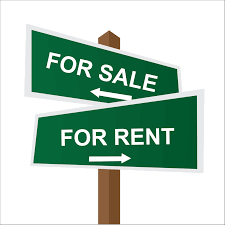Last month we discussed why you may consider moving in retirement. This month we’ll discuss when to move and how to decide where the location should be.
When to move is different for everyone.
Some decide to move right after their youngest child graduates high school. Others won’t move until much later in retirement.
Moving sooner rather than later may also lead to a better decision about where to move. If you start investigating your next house before you need to move you’ll be able to take your time and investigate your best living situation. It will lead to a more positive experience and you’ll ultimately end up in the right spot. If you wait too long, you may end up in a situation where a family member is choosing for you or forcing you into a situation that you don’t care for.
Start investigating living situations now, though you may not move for another ten years. Have conversations with your family, friends, and other people you know who have gone through the process. You’ll be more prepared when the time comes.
Where
Try Before you Buy… Before you decide on a location, try vacationing there for a few weeks or even a few months. With websites like VRBO and Airbnb you can find lovely homes/apartments in cities all over the world. Stay in a neighborhood that you’d consider living in. Shop in the grocery stores. Go to the parks. Taste test the restaurants. Talk to your neighbors. Visit a drop-in bridge group. You’ll then be able to rule-in or rule-out a location based on your experience.
Given the pain involved in moving, your goal should be to not have to do it again. Make sure your new home is accessible; and that the community has good public transport and good medical care.
Rent vs Buy
Crunch the numbers to compare both options. There are many factors that play into the cost benefit analysis (including your cash-flow needs, relative prices and rents, maintenance, insurance, and the opportunity cost of money tied up in ownership); but remember that non-financial factors play into the decision, too.
The very idea of renting an apartment or a house can be challenging for longtime homeowners. Homeownership is a big piece of the American Dream. Can you really become renters after all this time? Do you love owning your own place and fixing it up the way you want? Or will it be a big relief not to have to worry about lawn care or a leaky roof? Does becoming a renter make you feel “less than?” It shouldn’t; but these thoughts bounce against each other in our heads until we aren’t certain what to do.
By carefully pre-planning your move, you will be able to ease much of the stress that comes with moving; and potentially save yourself from buyers remorse.
Stay tuned next month when we discuss how to go about “rightsizing.”
